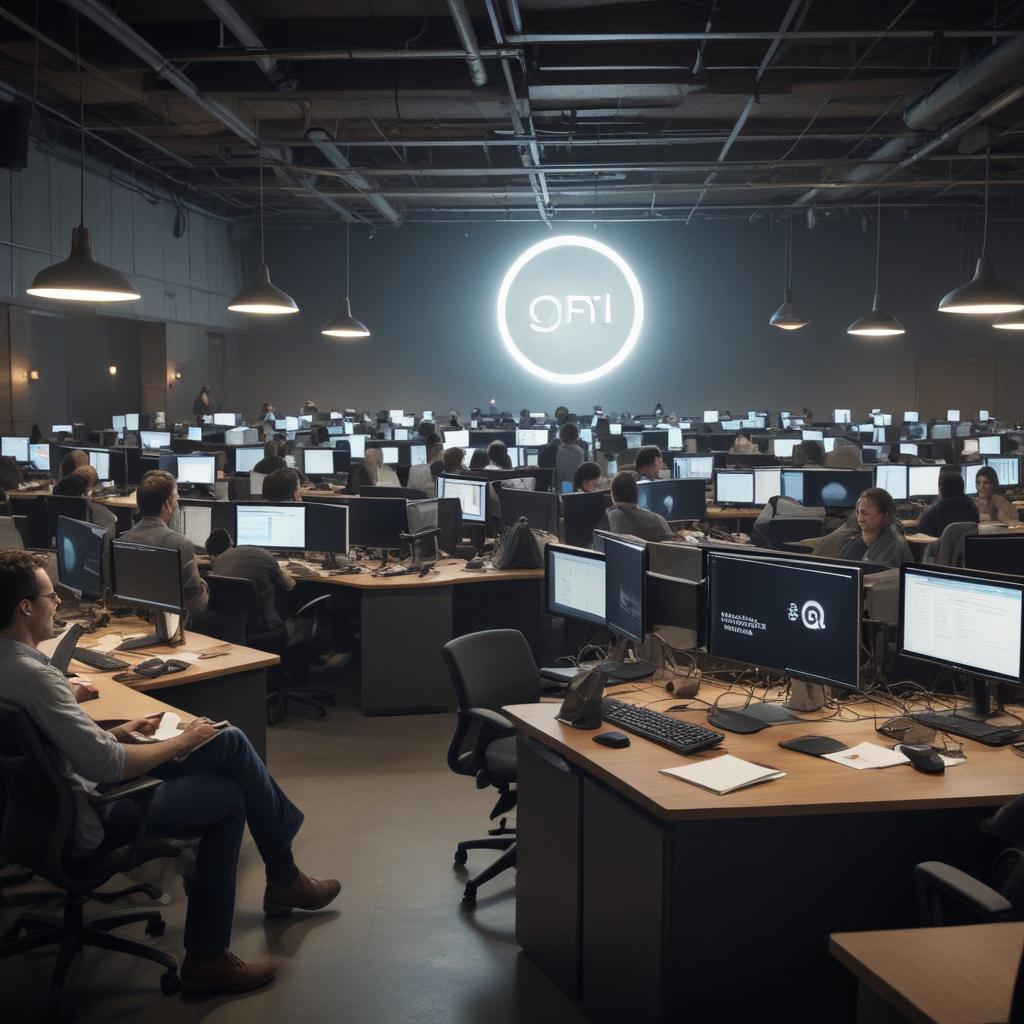The AI boom is enriching tech elites while potentially destroying jobs and exacerbating inequality. Is this the future we want?
Palantir's billion-dollar Q2 earnings, fueled by AI, highlight the widening gap between tech giants and the rest of society. While AI promises efficiency and innovation, it also threatens widespread job displacement, particularly among low-skilled workers. The massive valuations of AI startups are based on the potential for eliminating human labor, creating a highly lucrative business of layoffs. This upward redistribution of wealth is unprecedented. While some claim blue-collar workers will benefit, the reality is that automation in various sectors will impact non-college-educated workers significantly sooner than predicted. This raises questions about prioritizing hi-tech development over other needs. The knowledge economy, once hailed as a solution, has instead created class divisions and social issues. Wage inequality between college-educated and non-college-educated workers is widening, leading to political dysfunction and extreme polarization. The promised cultural benefits of the information age have not materialized, instead leading to increased loneliness and unhappiness. The article argues that investment should shift towards low-tech solutions to address real-world problems and create meaningful jobs in areas like infrastructure, sanitation, and public services. The sheer volume of investment in AI suggests a potential speculative bubble, further highlighting the need for a recalibrated approach. While technological advancement is important, the current balance between tech development and other societal needs is skewed, with excessive investment in AI and data centers at the expense of essential infrastructure and social programs. The article concludes that society should serve technology, not the other way around, and that addressing the fundamental issues of money, class, and power is crucial.



